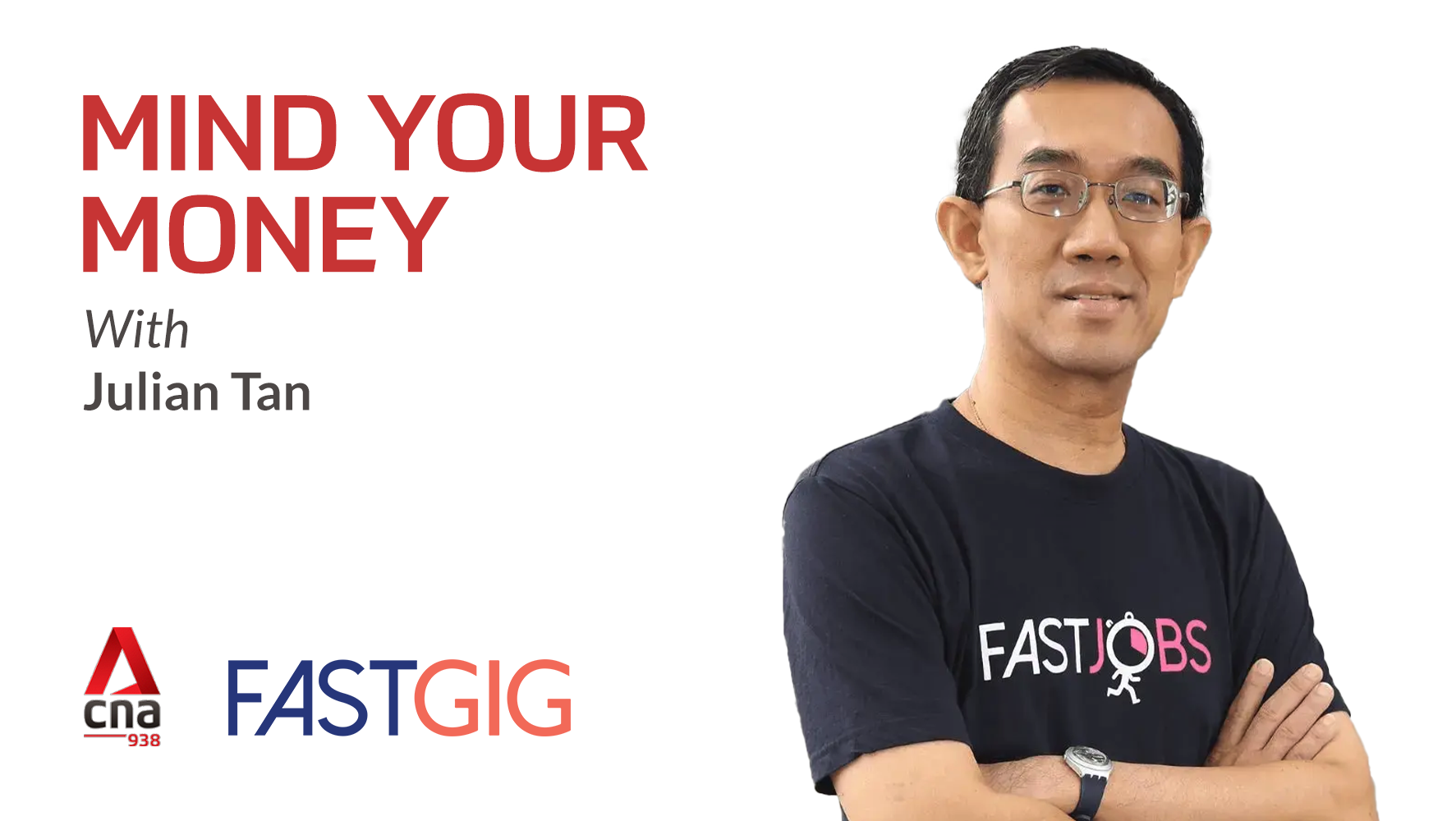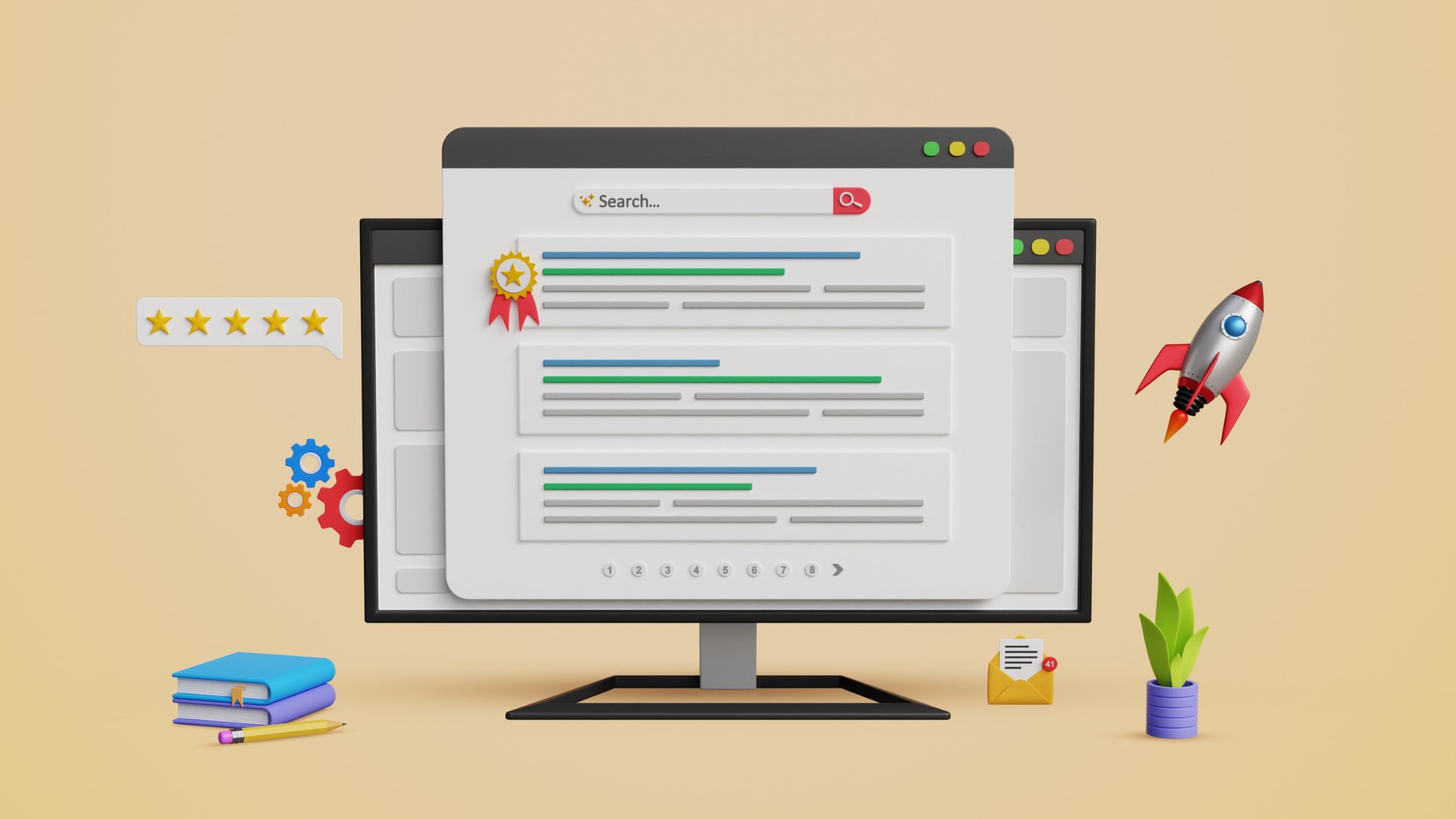The workplace is changing a lot now that young people born around 2000 are starting to fill jobs.
Born between the mid-1990s and early 2010s, this tech-savvy cohort is reshaping traditional work paradigms. According to Deloitte's 2023 survey, Gen Z employees are driving positive changes in areas like work-life balance, digitalise workplace and diversity efforts. However, they face unique challenges that employers must address.
For Gen Z, work-life balance is not just a preference; it's a fundamental requirement. A Linkedin survey is conducted, it shows 72% of Gen Z workers have left or considered leaving a job due to lack of flexible work options. This generation values their personal time and well-being, with 77% citing work-life balance as a top priority as reported in another study by Mckinsey.
As an employer, it's crucial to understand that Gen Z's emphasis on work-life balance stems from genuine concerns. Reports from McKinsey have stated that they face significant mental health challenges, being two to three times more likely than other generations to have contemplated or attempted suicide. Providing support for mental health and well-being is not just beneficial; it's essential for retaining Gen Z talent.
To attract and retain Gen Z employees, consider offering:
Recent surveys indicate that Gen Z is seeing progress in work-life balance compared to pre-pandemic times. However, they still desire more flexibility. By embracing hybrid work models and providing autonomy, you can create an environment where Gen Z feels valued and motivated to contribute their best work.
Gen Z employees, born from the mid-1990s to early 2000s, place a high value on career progression and skill development. They are known to be intentional in their career choices and seek organisations that offer clear growth opportunities. To attract and retain this tech-savvy generation, employers should focus on providing transparent career paths and robust learning programmes.
Investing in skill development, providing clear career progression opportunities and embracing technology and innovation are crucial for Gen Z employees. Organisations should focus on robust learning programmes, transparent career paths and modern tools to attract and retain Gen Z talent. This entails equipping them with necessary skills through various means like online courses, skill-based workshops and industry programmes to enhance their competencies.
It is also important to outline clear advancement opportunities within the company through initiatives like internal talent marketplaces and job mapping. Embracing cutting-edge technologies and innovation in work processes appeals to Gen Z's interest in being on the forefront of the digital era.
Cultivating an inclusive culture involves implementing practices that support employees of all ages. Consider introducing mentorship programmes, flexible work arrangements, and training initiatives catered to various learning styles. The Singapore government offers a Senior Worker Support Package to assist employers in recruiting mature workers, tapping into their valuable experience and skills.
Common obstacles to creating and managing a diverse workforce include unconscious bias, lack of diversity in leadership, and resistance to change. Address these challenges by securing leadership commitment, conducting regular assessments, and setting measurable goals. Remember to review your policies and practices to ensure they align with your diversity and inclusion objectives.
By embracing diversity and cultivating an inclusive workplace, you can unlock the full potential of your employees, enhance decision-making, and drive sustainable growth for your business in Singapore's multicultural landscape.
As Gen Z continues to reshape workplace dynamics, adapting your management style is crucial for their success and your organisation's growth. Embrace a flatter organisational structure where you act as a supporter and empowerer rather than a traditional delegator. This approach aligns with Gen Z's preference for open communication and collaboration.
Invest in technology-driven, interactive learning experiences that cater to Gen Z's digital work styl. Consider implementing augmented reality (AR) or virtual reality (VR) tools for training, and offer flexible, self-paced learning options. This approach not only engages Gen Z employees but also nurtures their hunger for knowledge and adaptability.
Foster a psychologically safe environment where Gen Z feels comfortable taking time off for mental health and well-being. Implement company-wide disconnection periods and equip managers with actionable insights to better coach and connect with Gen Z employees.
Remember, Gen Z values inclusivity, social responsibility, and work-life balance.
By acknowledging their strengths and actively investing in their development, you can empower this generation to navigate the complexities of the modern workplace and contribute positively to your organisation.
Ready to attract and retain top Gen Z talent for your blue-collar roles? Post your job opportunities on FastJobs today and connect with this dynamic generation of workers FAST.

In Singapore’s job market, portals offer fast access while agencies provide tailored matchmaking.
Read more
FastGig helps solve manpower shortages by offering flexible gig work for businesses and individuals in SG.
Read more
Hiring faster starts here—Job Bump boosts your listing by 30%+ without needing a repost.
Read more